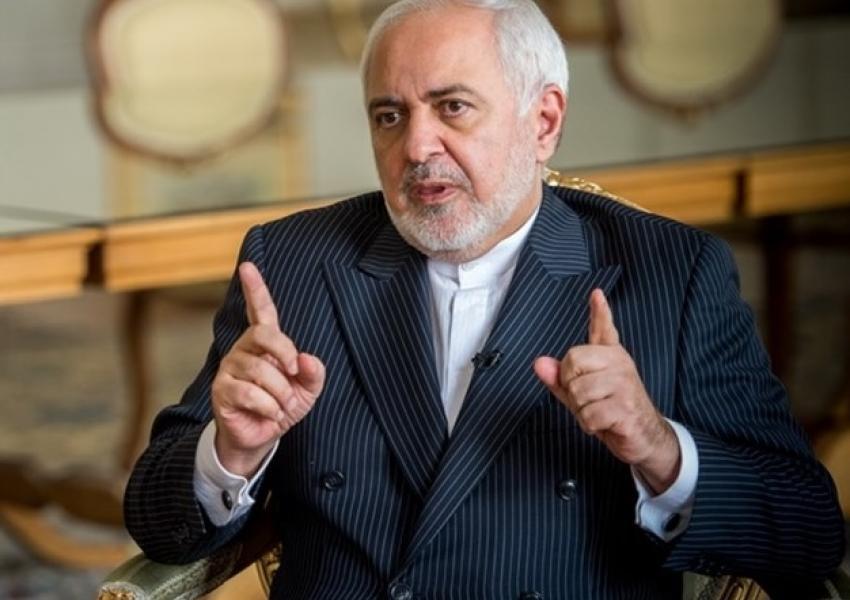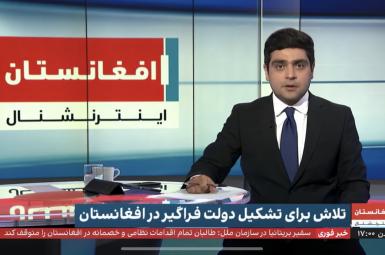
Iran Offers Militia To Afghan Government, Claiming They Were 'Volunteers' In Syria
Mohammad Javad Zarif, the Iranian foreign minister has reiterated his suggestion that the beleaguered Afghan government of President Ashraf Ghani could utilize members of the Fatemiyoun militia, recruited by Iran to fight in Syria. Zarif was speaking in an interview with Afghanistan’s Tolo TV on Monday [December 21].
The Taliban, which controls much of the county, has been emboldened by its February agreement with the United States. US President Donald Trump announced in November he was reducing US troops from 4,500 to 2,500 by mid-January, down from 13,000 a year ago.
Zarif said Iran was prepared to help the Ghani government incorporate Fatemiyoun fighters into the army. “The Afghan government is fully informed that we are prepared to help the Afghan government regroup these forces under the leadership of the Afghan National Army in the fight against terrorism,” Zarif said. “If so, they must fight in Afghanistan under the leadership of the Afghan government as all forces in Syria were fighting under the leadership of the Syrian government.”
Zarif claimed that the Fatemiyoun militia went to fight in Syria on their free will and Iran only provided support. But Shiite fighters from Pakistan and Iraq were also recruited and sent to Syria.
Liwa Fatemiyoun, or Fatemiyoun Brigade, is a militia recruited by Iran’s Revolutionary Guards (IRGC) since 2014 from Shia Afghans living in Iran to fight in Syria alongside government forces. The Fatemiyoun Brigade has thousands of battle-hardened militiamen. The group has said 2,000 of its fighters were killed and 8,000 wounded in Syria by the end of 2017. In the interview, Zarif said fewer than 2,000 remained in Syria with most returning to “normal life” in Iran or elsewhere.
Zarif told the Afghan television station that Iran’s role in “supporting” Fatemiyoun reflected a wider commitment to combatting the Sunni extremist group, the Islamic State, which he referred to by a pejorative acronym from Arabic.
“We supported people to fight against Daesh in Baghdad, Najaf and Karbala so that no one should be forced to fight against Daesh in Kabul and Kandahar,” he said. “For that reason, we supported them [Fatemiyoun] in Tehran, Zahedan, and Kermanshah or in Baghdad, Karbala, and Najaf.”
Iran’s military support for the Assad regime well predates the emergence of the Islamic State group and dates back to 2011.
The US, which designated Fatemiyoun as a ‘foreign terrorist organization’ in 2019, has said Iran coerced undocumented Afghan migrants and refugees to fight in Syria under the threat of arrest or deportation. In his Tolo TV interview, Zarif claimed that not all the Shia fighters who joined the Fatemiyoun Brigade were drawn from Afghan refugees and that the Iranian government paid compensation to bereaved families regardless of nationality.
Zarif reiterated Iran’s opposition to the presence of US forces in Afghanistan and said Iran would “certainly oppose” as a “dangerous act” if the US followed “what is reflected in their talks with the Taliban and in their agreement with the Taliban.” He denied he was acting as a mediator between the Afghan government and the Taliban.









